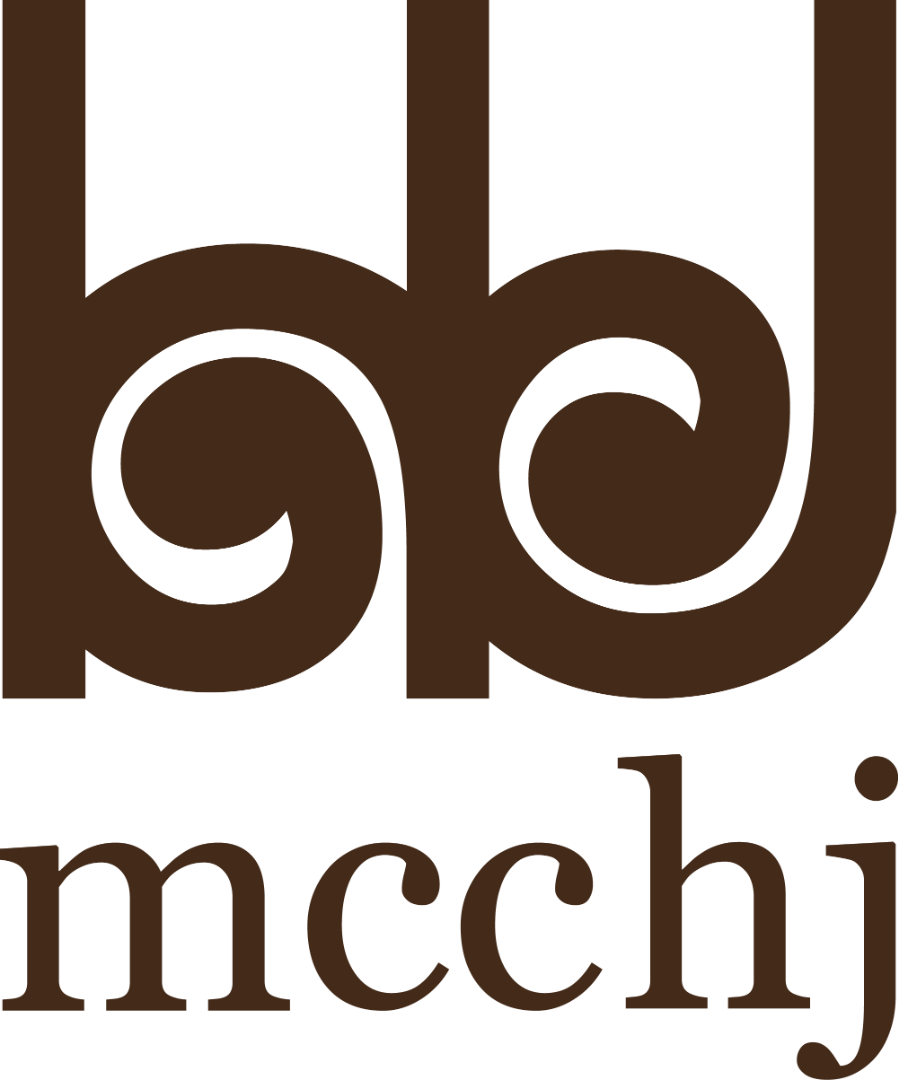The Museum
The Museum Culture House Hermano José (MCCHJ) has the mission to preserve, conserve and disseminate the work and the collections of the plastic artist Hermano Guedes de Melo, artistically known as Hermano José, and stimulate the production of scientific and cultural knowledge about visual arts, literature, museology and others artistic-cultural segments, developing actions and projects of research, teaching and extension. The Museum is the result of a donation made by hermano josé when still alive to the Federal University of Paraiba (UFPB), institution which he was a teacher and a cultural manager. The donation included his extensive artistic, documentary and bibliographic collection, as well as his studio-residence, transformed into a museum by the UFPB.
Inside the museum there are seven places for short and long term exhibitions, and a specialized arts, culture and humanities library. In the external area, a permanent stage serves as a space for artistic presentations of the most varied types (music, scenic arts, audiovisuals, literature), plus a beautiful garden that impresses for its beauty and the beautiful view of the sea.
The museum has a modern architecture, whose initial traces were conceived by Hermano José himself. At the time of its construction, the building became one of the first residences in the neighborhood, following the city's expansion process, but demonstrating the pioneering spirit of its owner regarding the occupation of the territory in question. The MCCHJ stands out for its location by the sea, in a strategic place in Bessa beach.
Opened in 2017, shortly after, the Museum underwent an extensive remodeling, adapting all spaces to accessibility standards and reconstituting key environments for the cultural equipment. Since then, its action fronts have included: actions for the conservation and cataloging of the extensive collection; formative actions promoted by Extension projects; exhibitions in partnership with cultural institutions of the city and UFPB; actions to spread the memory and legacy of its patron, Hermano José. Its permanent reopening is scheduled for the second half of 2021, after the control of the health crisis caused by COVID-19.
